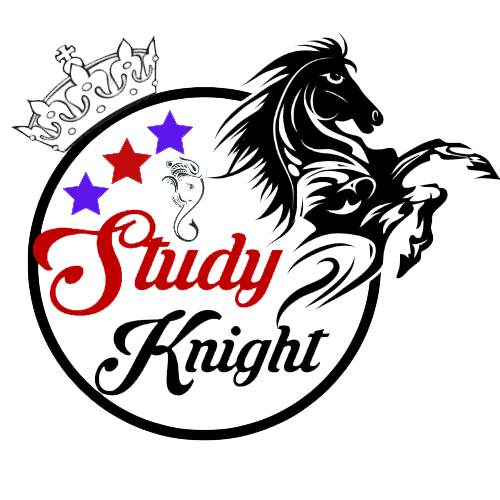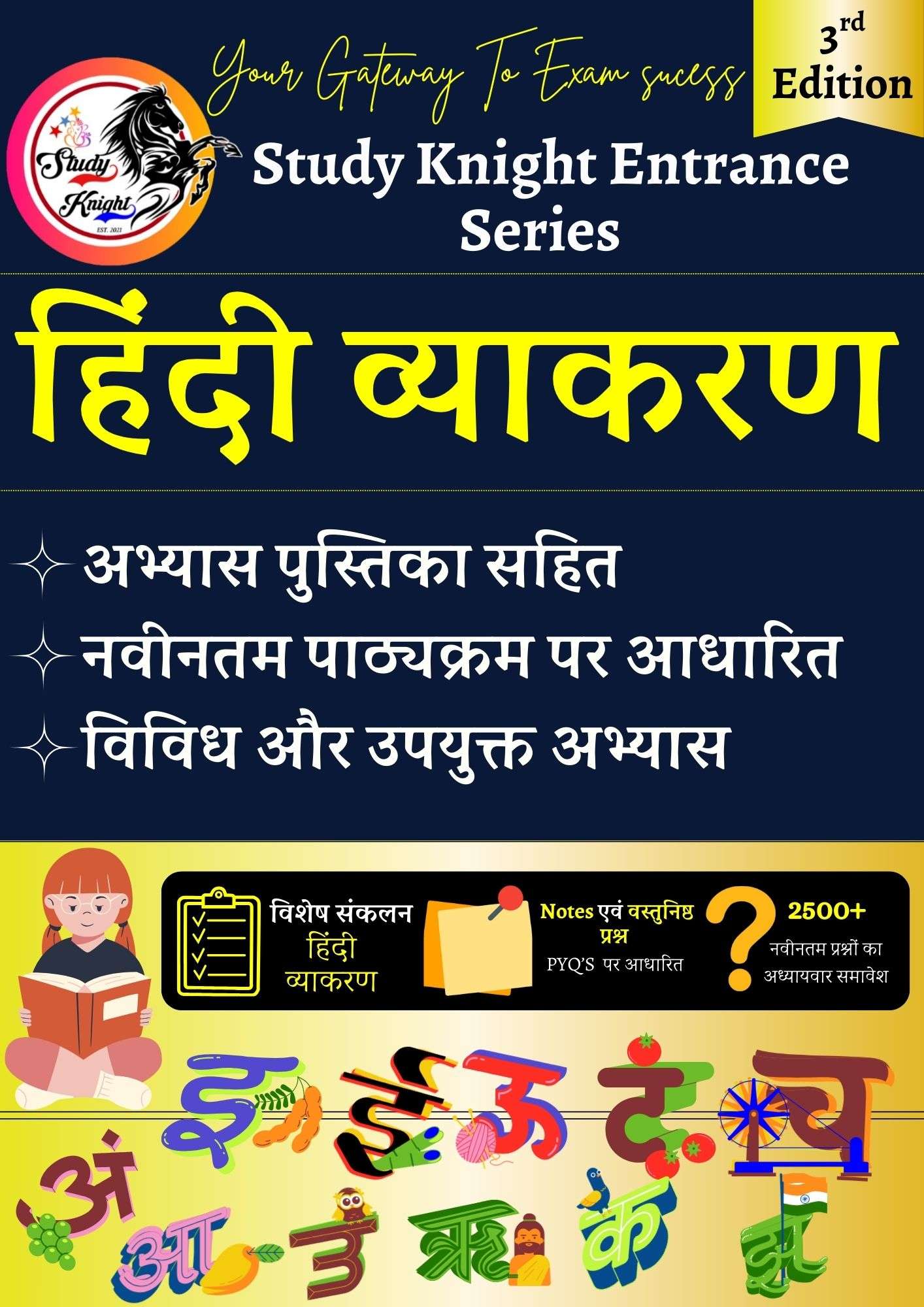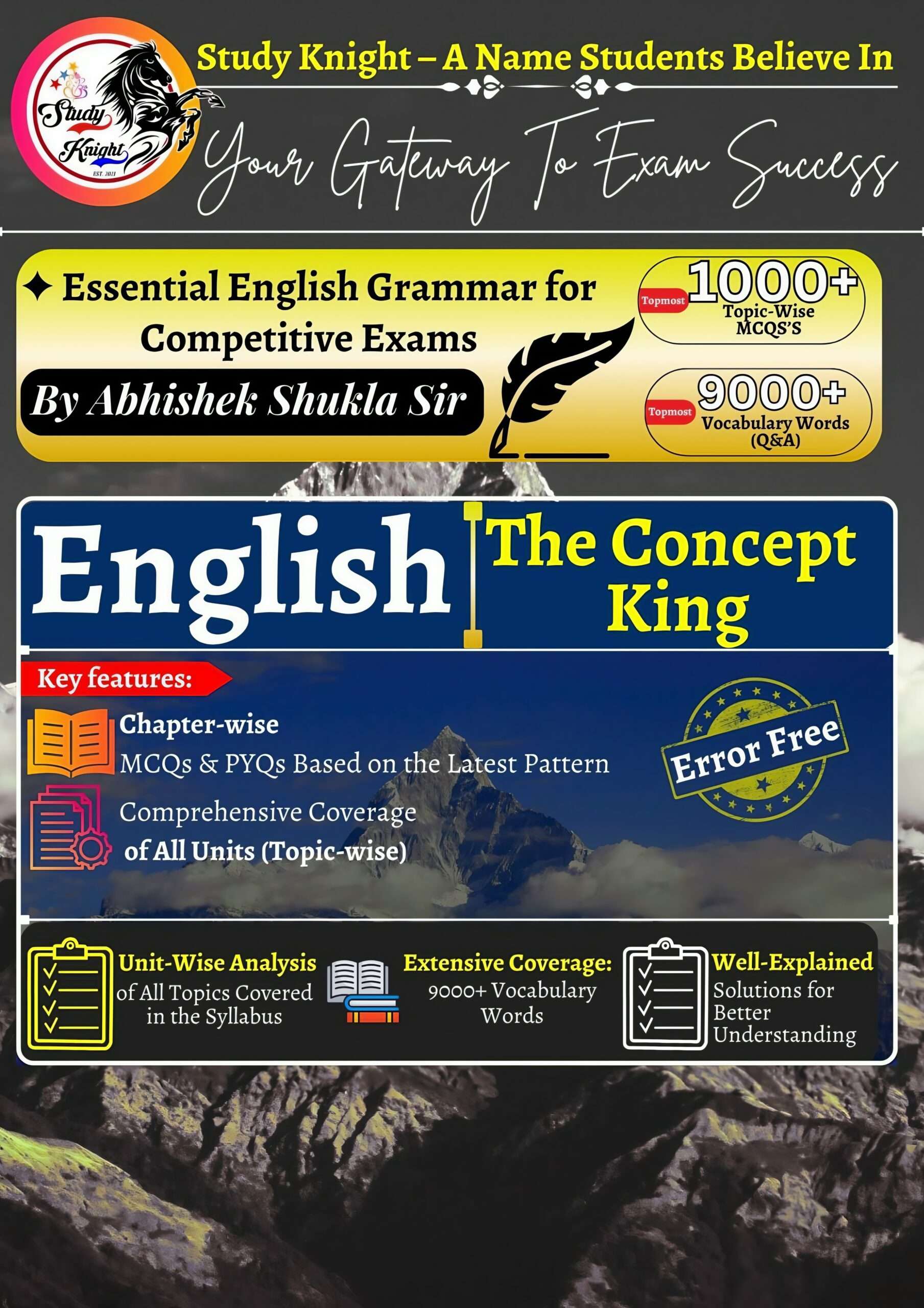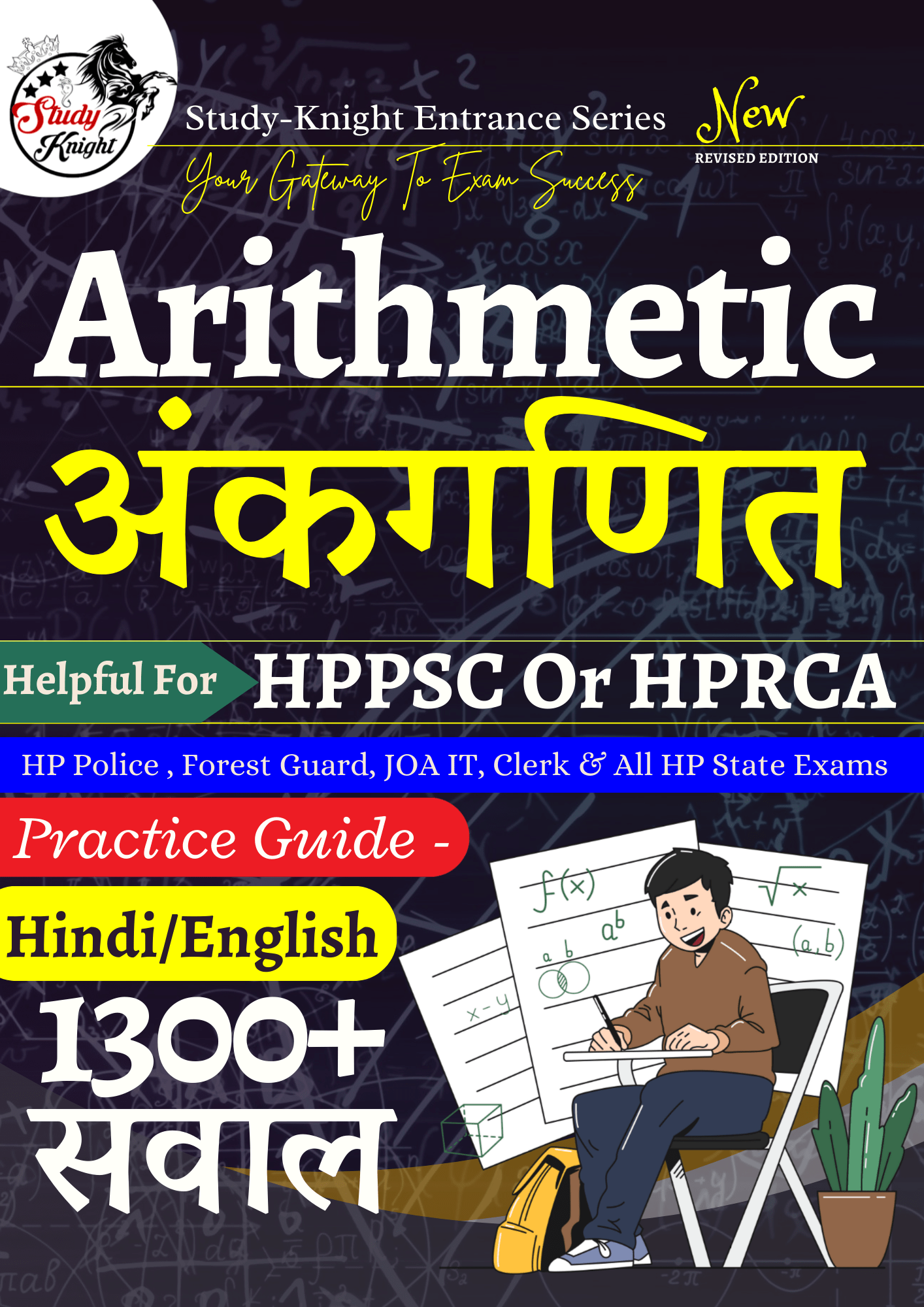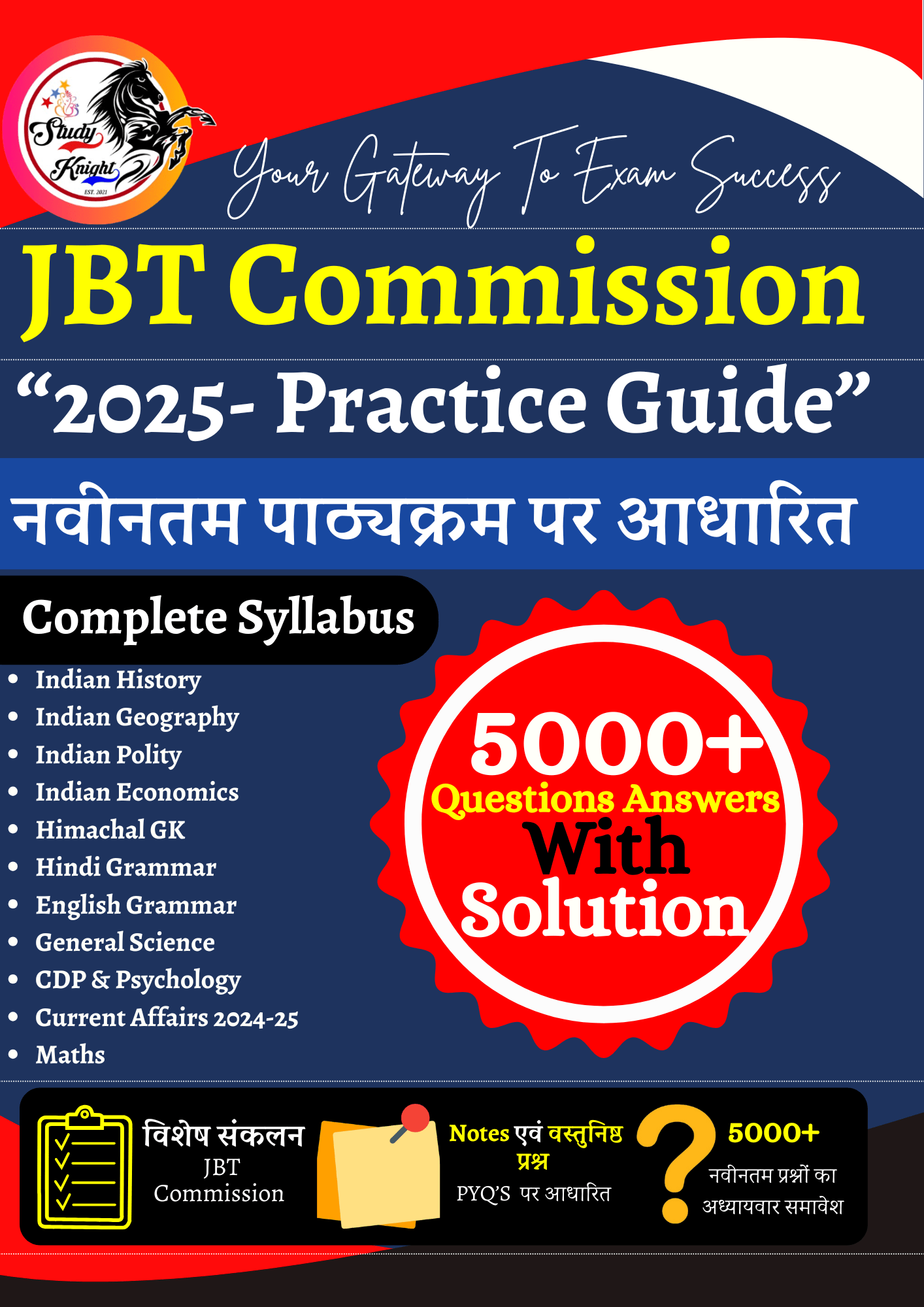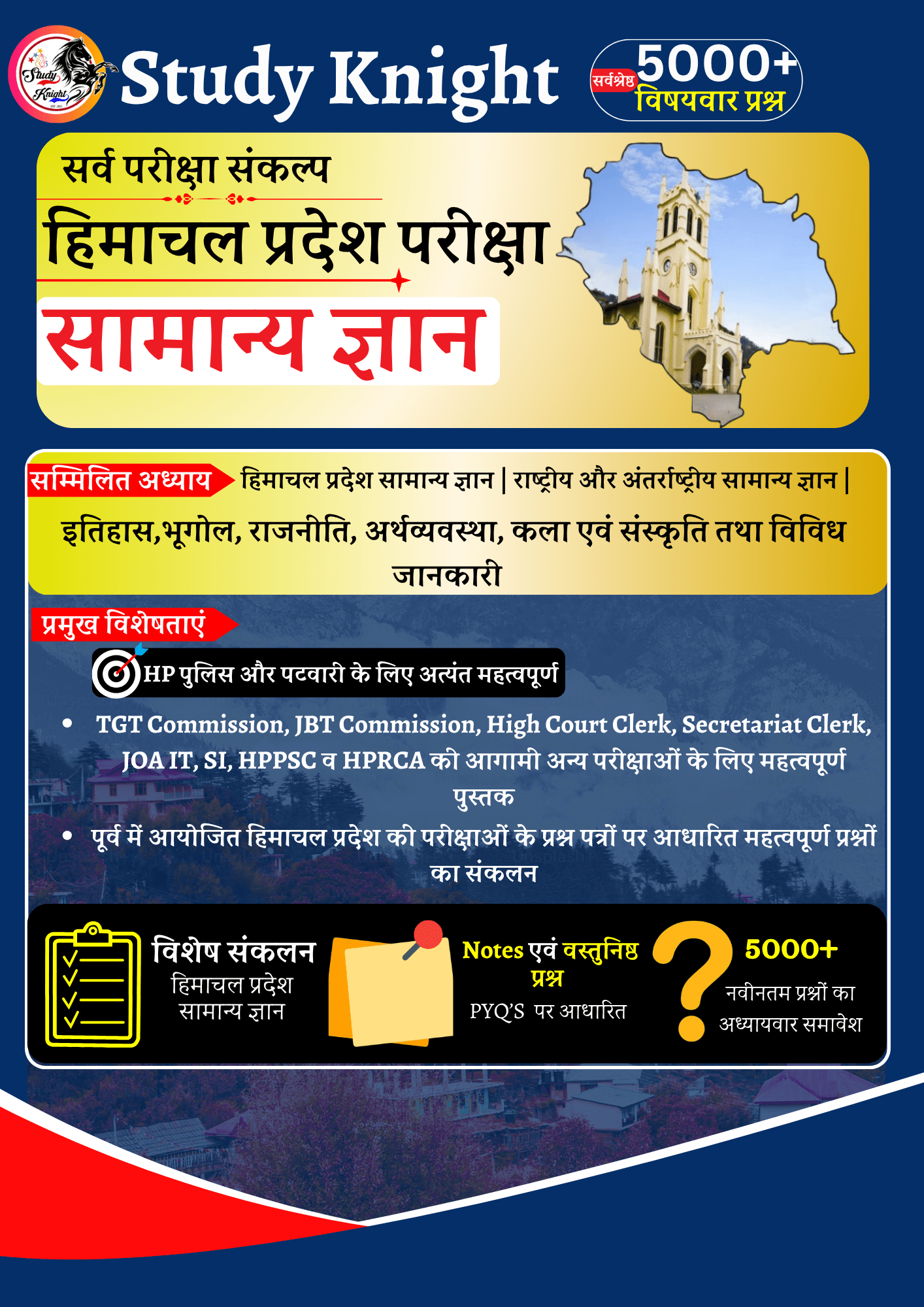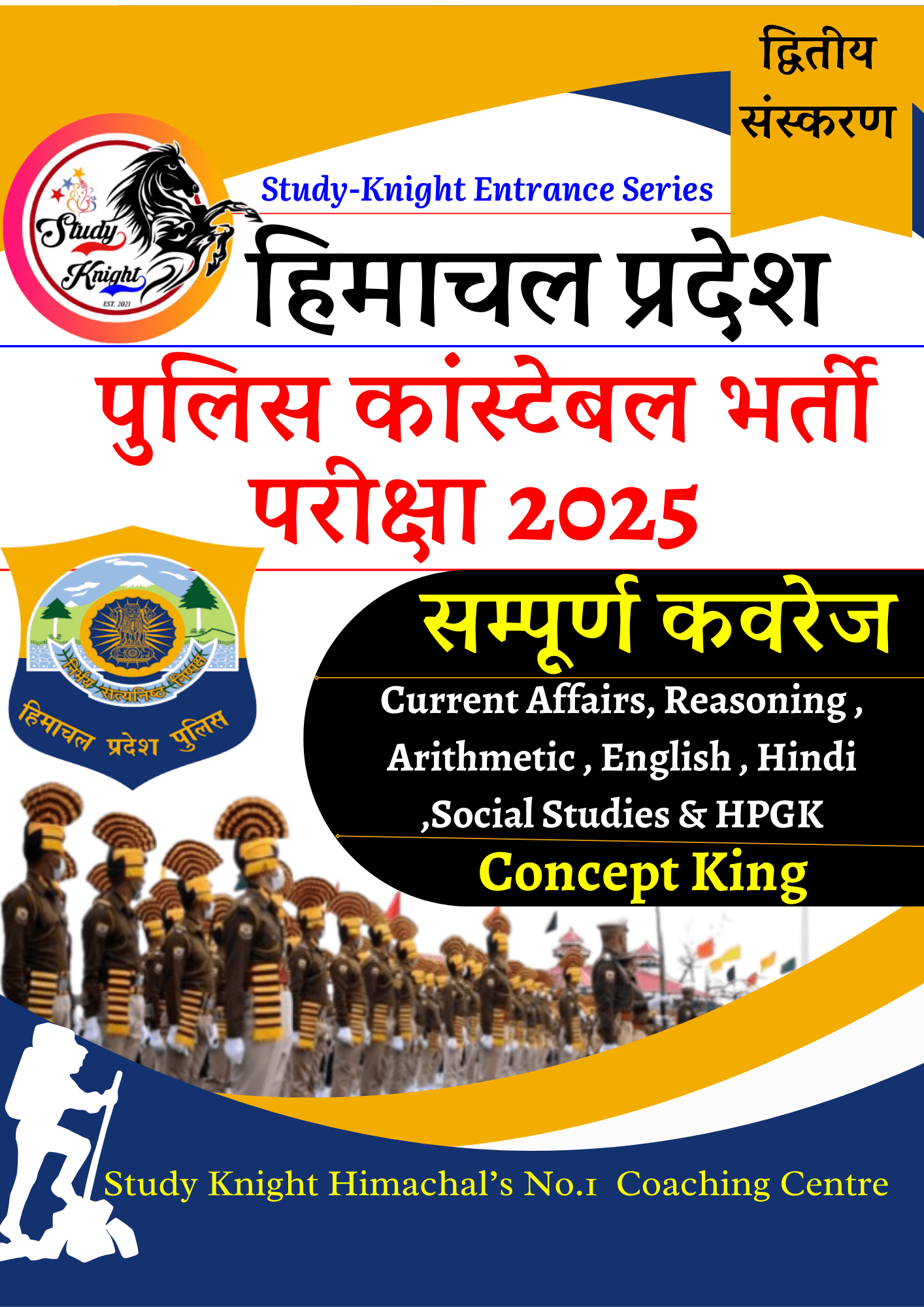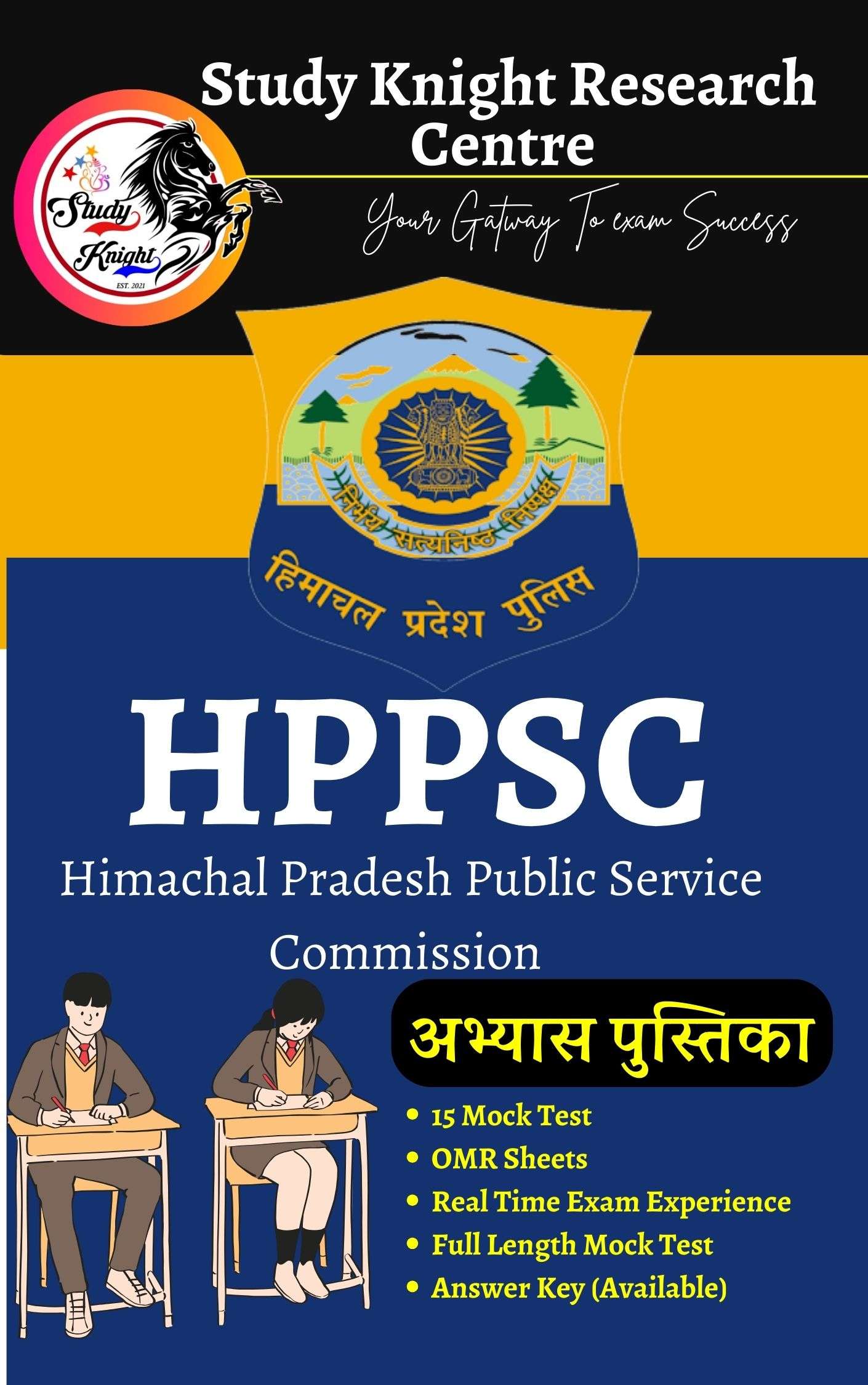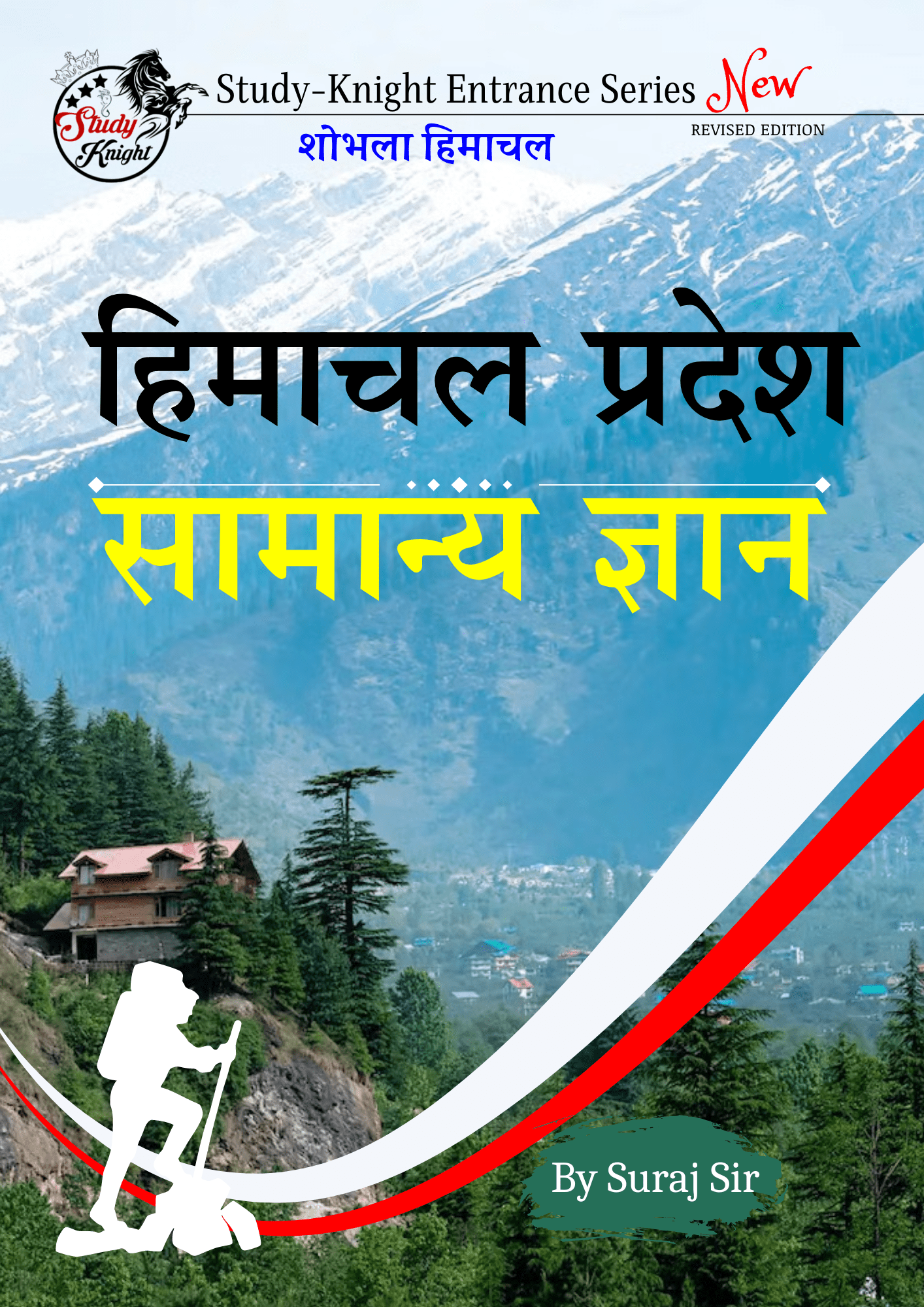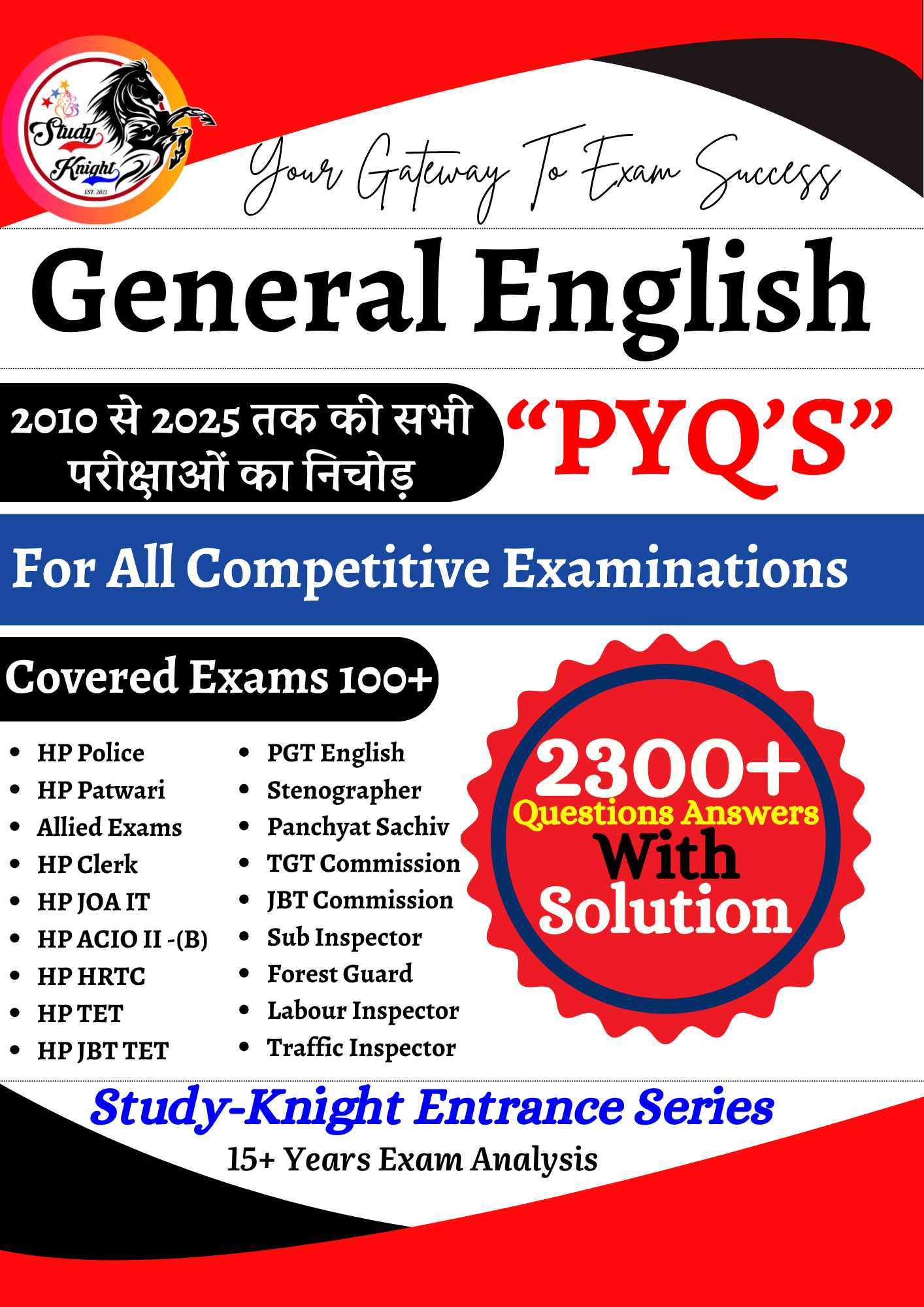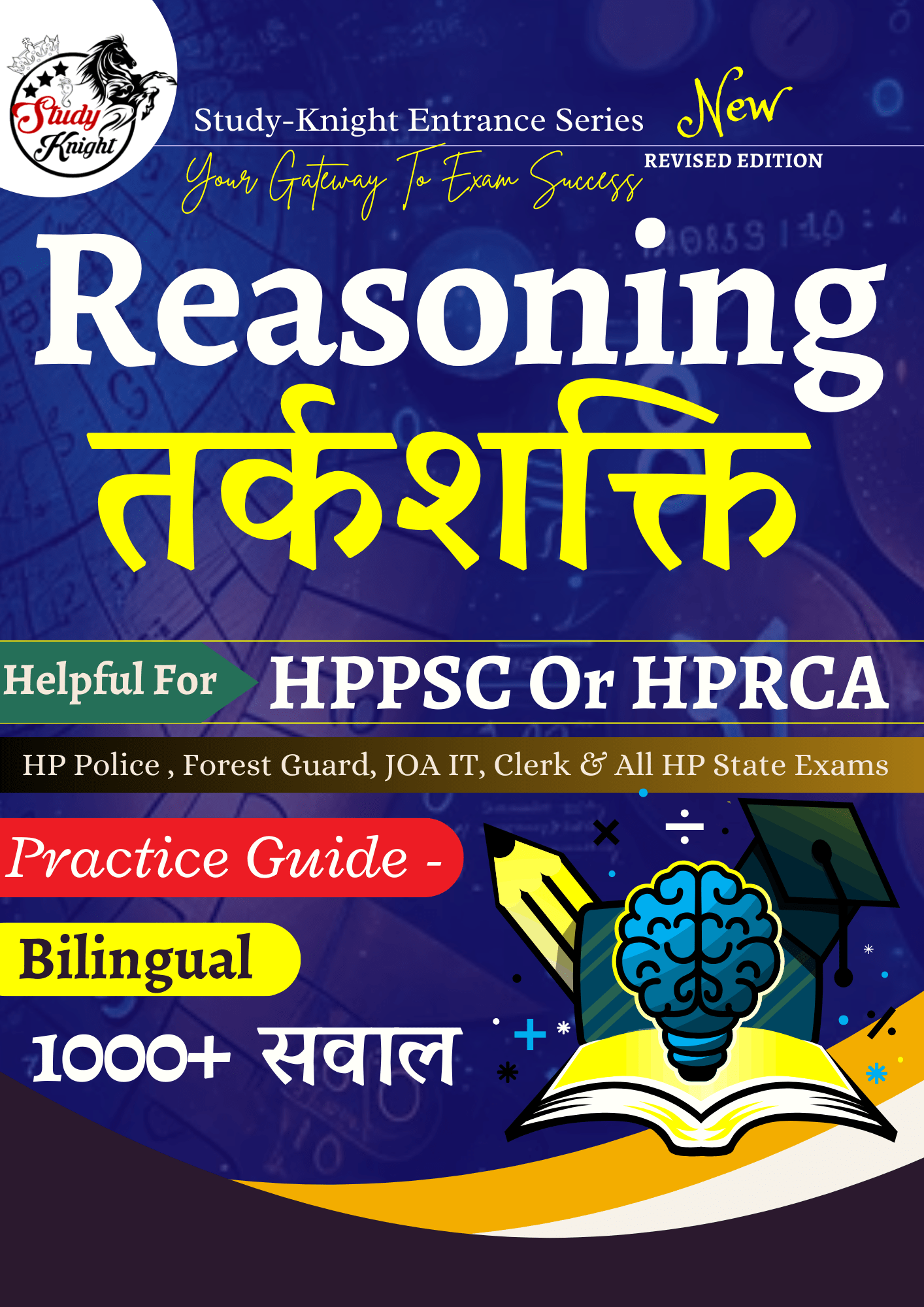Q.1 (A) a lazy sulky (B) the rascal is (C) him at arms length (D) good for–nothing, keep
A). (1) BADC
B). (2) DCAB
C). (3) ADCB
D). (4) CDBA
[expand title=”View Answer”]ANSWER: – BADC[/expand]
Q.2 (A) his writings are so philosophical (B) to read between the lines (C) that it is sometimes difficult (D) and find out what he wants to convey
A). (1) ACBD
B). (2) ABCD
C). (3) BCAD
D). (4) BDAC
[expand title=”View Answer”]ANSWER: – ABCD[/expand]
Q.3 1. What gives some persons P. torturing physical pain Q. after experiencing R. after the loss of a precious loved one S. the power to fight on 6. day after day?
A). (1) PQSR
B). (2) PQRS
C). (3) PSQR
D). (4) SRQP
[expand title=”View Answer”]ANSWER: – SRQP[/expand]
Q.4 1. At the age of four, Jagadish Chandra Bose was sent to a village ‘Pathshala’. P. This step proved beneficial to the boy, for he thus became familiar with his mother tongue and learnt to read and write it. Q. This was very unusual because a man of his father’s status was expected to send his son to an English school. R. He also became acquainted with some of the rich treasures of Indian culture. S. He mixed with children of all castes and lost the sense of class superiority. 6. His mother, too, reinforced what he learnt and did at school.
A). (1) PRQS
B). (2) RQPS
C). (3) QPSR
D). (4) SQRP
[expand title=”View Answer”]ANSWER: – QPSR[/expand]
Q.5 1. Researchers say that jogging alone is unhealthy. P. It was found that communal joggers have double the number of brain cells as solo runners. Q. These positive effects are suppressed when running occurs in isolation. R. Experiments indicated that running alone stifles brain cell regeneration. S. Experienced in a group, running stimulates brain cell growth. 6. However, joggers around the world should remember that jogging is healthier than the rat race.
A). (1) PQSR
B). (2) RPSQ
C). (3) RQPS
D). (4) SPQR
[expand title=”View Answer”]ANSWER: – RPSQ[/expand]

